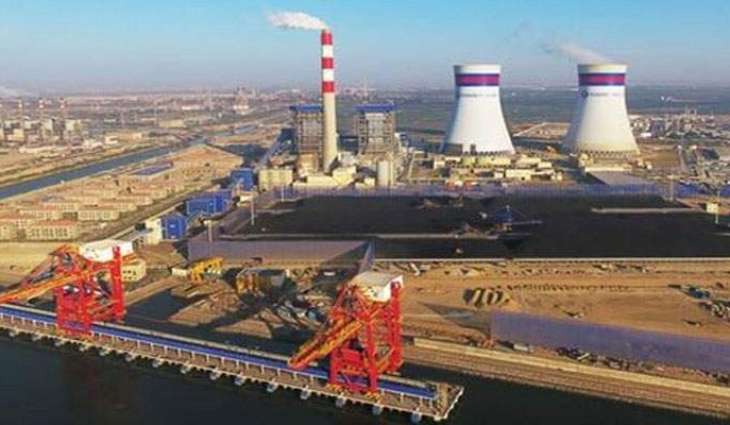Pakistan and China formally launched CPEC Phase-II during the 14th JCC meeting in Beijing, focusing on industrial cooperation and infrastructure projects
ISLAMABAD: (UrduPoint/UrduPoint / Pakistan Point News-Sept 27, 2025) The 14th Joint Cooperation Committee (JCC) meeting of the China-Pakistan Economic Corridor (CPEC) concluded in Beijing on Friday, without resolving the issue of capacity payments owed to Chinese Independent Power Producers (IPPs).
Despite this, Pakistan and China marked what officials called a "historic milestone," with the formal launch of CPEC Phase-II. China has sought firm commitments from Islamabad regarding the Main Line-1 (ML-1) railway project.
Federal Minister for Planning, Development, and Special Initiatives Ahsan Iqbal said the new priorities would transform CPEC into a “corridor of industrial growth, technology, sustainability, and shared prosperity.” He added that this alignment is reflected in the action plan signed in September 2025, aimed at building a “China-Pakistan community with a shared future.”
Phase-II of CPEC includes industrial cooperation, special economic zones, agricultural modernization, development of maritime resources, minerals, and major infrastructure projects such as ML-1, the rehabilitation of the Karakoram Highway (KKH), and the development of Gwadar.
However, sources said the deadlock over Chinese IPPs persisted, with Islamabad seeking to extend payment schedules. On ML-1 financing, China has reportedly demanded specific commitments from Pakistan in light of the ongoing IMF program.
Addressing the closing session, Ahsan Iqbal highlighted a “renewed vision, commitment, and roadmap” for the next phase of the project. He thanked Chinese officials, including NDRC Vice Chairman Zhao Haibin, for their “wisdom and resolve” during the discussions.
He emphasized that CPEC Phase-II would be built around five key corridors—development, innovation, green growth, livelihood and employment, and regional connectivity—all aligned with Pakistan’s ‘5Es’ framework (Exports, e-Pakistan, Energy & Environment, and Equity & Empowerment).
Underscoring the strategic importance of ML-1 and KKH restoration, Iqbal called for immediate implementation, noting that their completion would deliver broad economic benefits across the region. To maintain momentum, he proposed holding JCC meetings every six months and Joint Working Group sessions quarterly during the first three years of Phase-II.




